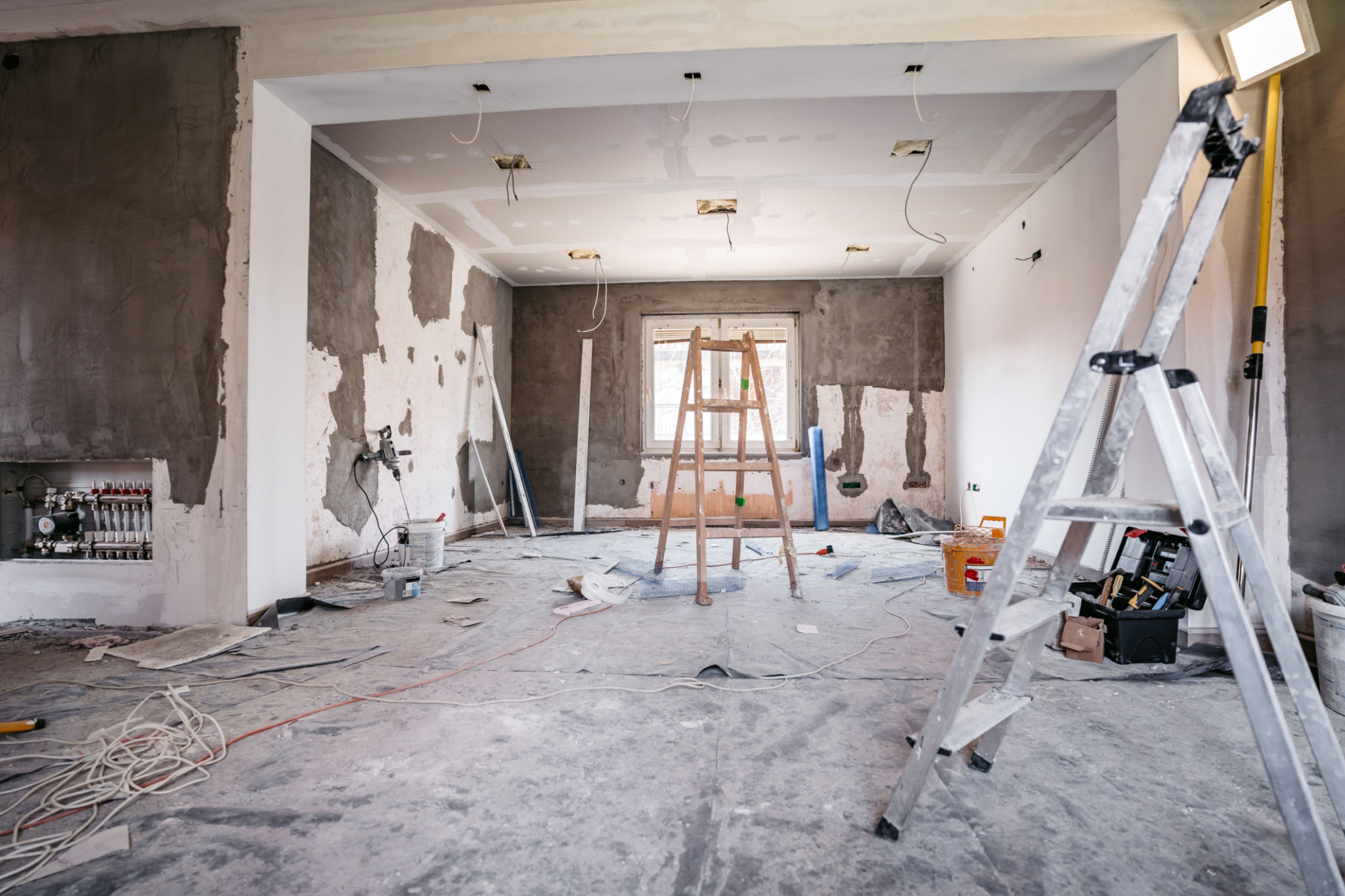How to Choose a Reliable Contractor: Essential Tips for Families
Understanding Your Needs
When embarking on a home improvement project, selecting a reliable contractor is crucial to ensure a successful outcome. Before you begin your search, it's important to clearly define the scope of your project. Determine what specific work needs to be done and set a realistic budget. This will guide your conversations with potential contractors and help you find a professional who can meet your expectations.

Research and Recommendations
Start by gathering recommendations from friends, family, or neighbors who have undertaken similar projects. Their firsthand experiences can provide valuable insights into the reliability and quality of work of various contractors. Additionally, online platforms and review sites can be excellent resources to gauge a contractor's reputation.
When researching, look for contractors who have experience in the specific type of work you need. A contractor specializing in kitchen remodels may not be the best choice for a roofing project. Check their credentials, licenses, and insurance to ensure they meet the industry standards in your area.
Interview Potential Contractors
Once you've narrowed down your list, it's time to interview potential contractors. Prepare a list of questions that cover their experience, project timelines, and any concerns specific to your project. Be sure to ask for references from past clients and follow up with those references to get feedback on their experiences.

During these interviews, pay attention to how the contractor communicates. Effective communication is key to a successful project, so choose someone who is responsive and open to discussion.
Comparing Quotes
After interviewing, request detailed quotes from at least three contractors. Compare these quotes not only based on price but also on the scope of work included. The cheapest option isn't always the best; consider the quality of materials and workmanship promised.
Make sure the quotes are comprehensive, covering all aspects of the project from start to finish. This transparency will help you avoid unexpected costs down the line.

Check for Red Flags
Be wary of contractors who demand large upfront payments or those who pressure you into making a quick decision. Reliable contractors typically have a structured payment plan that aligns with project milestones.
Additionally, if a contractor is unable or unwilling to provide necessary documentation like licenses or insurance, it's best to move on to another option. Protecting yourself legally is essential for avoiding potential issues during and after the project.
Reviewing Contracts
Once you've chosen a contractor, it's time to sign a contract. This document should detail every aspect of the project, including timelines, costs, materials, and any warranties. Read it thoroughly and ensure you understand all terms before signing.
If you're unsure about any part of the contract, don't hesitate to seek advice from a legal professional. It's better to address any potential misunderstandings up front rather than face complications later.

Maintaining Open Communication
Throughout the project, maintain open lines of communication with your contractor. Regular updates and discussions can help address any issues promptly and keep the project on track. Set expectations for how often you'll receive updates and through what channels, whether it's in person, via phone, or email.
A reliable contractor will appreciate your involvement and will work with you to ensure satisfaction with the final result.
Final Inspection and Payment
As the project nears completion, conduct a final inspection with your contractor. Walk through each aspect of the work to ensure it meets your expectations and complies with agreed-upon terms.
Once you're satisfied with the work, complete any remaining payments as per your contract. Remember, paying promptly is also part of maintaining a good working relationship with your contractor.
